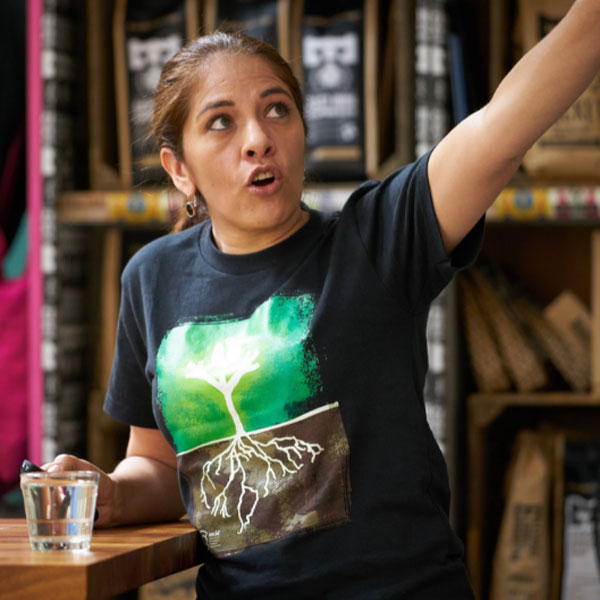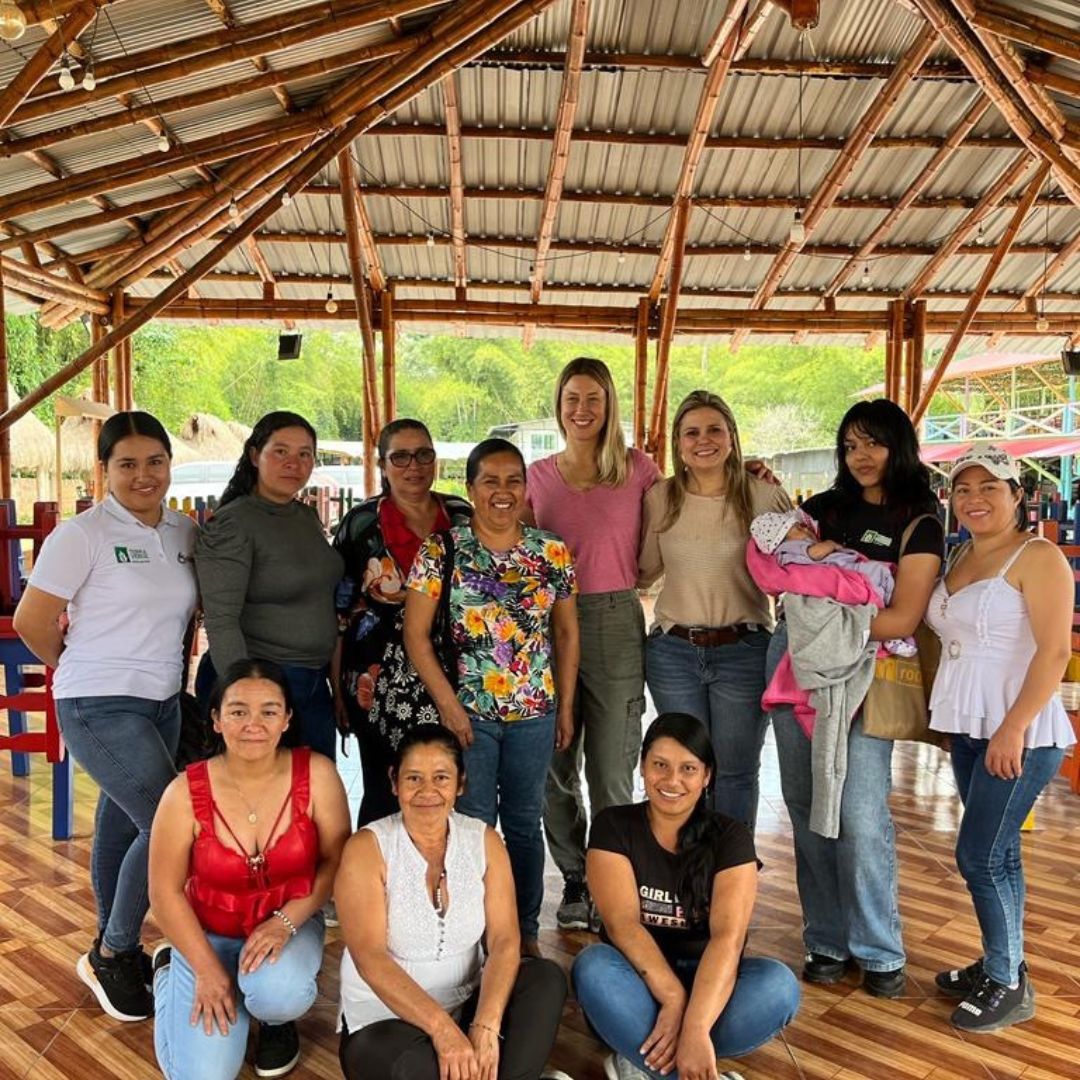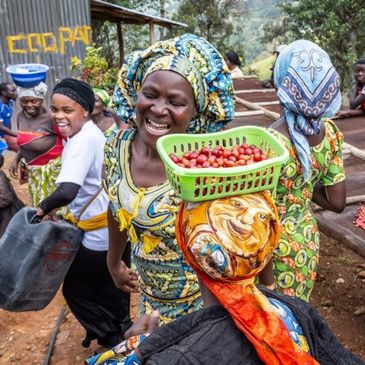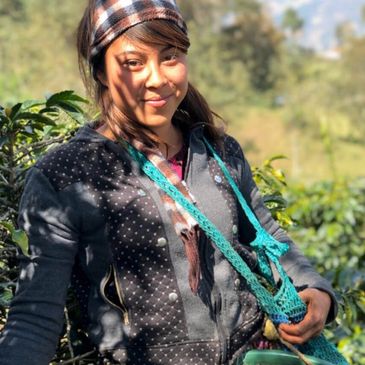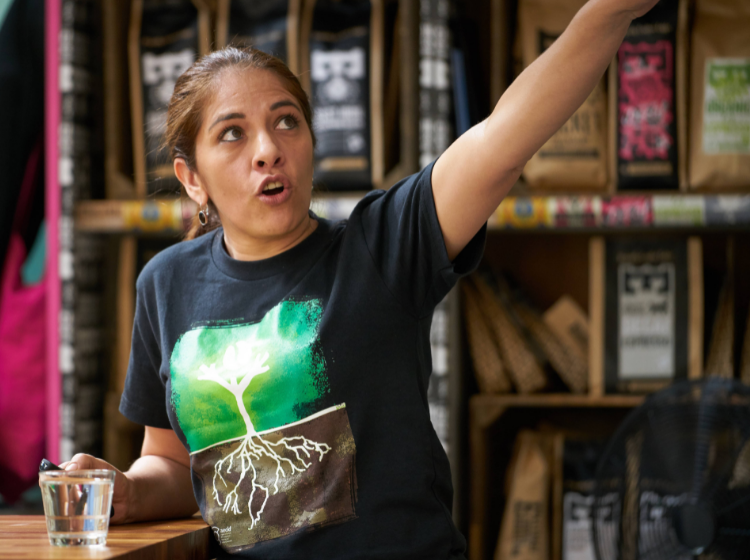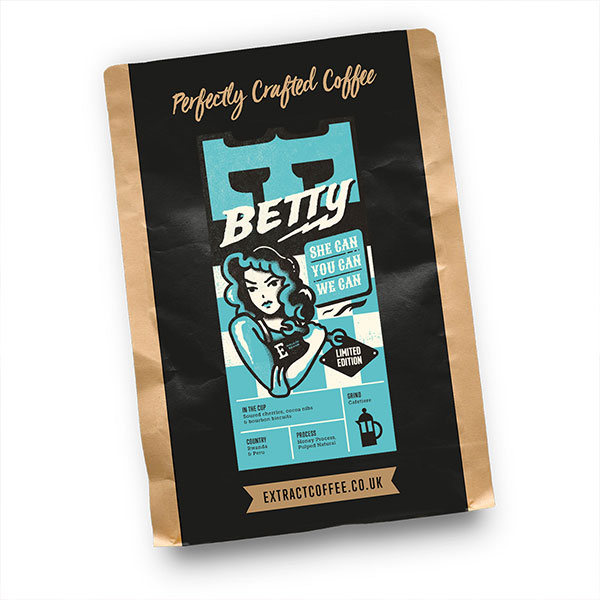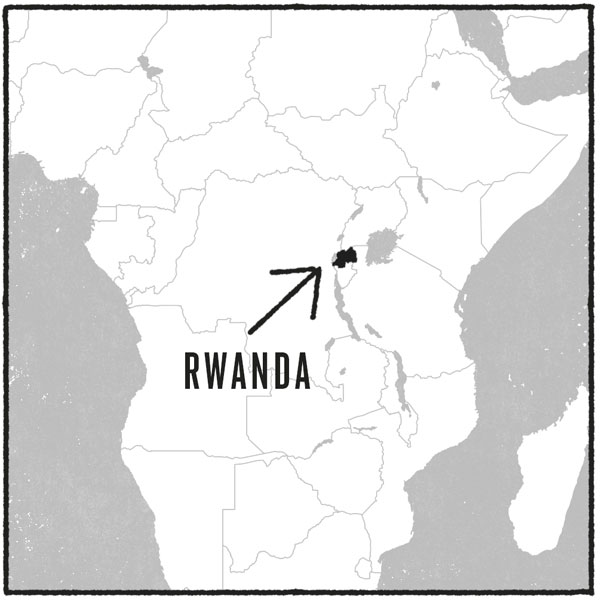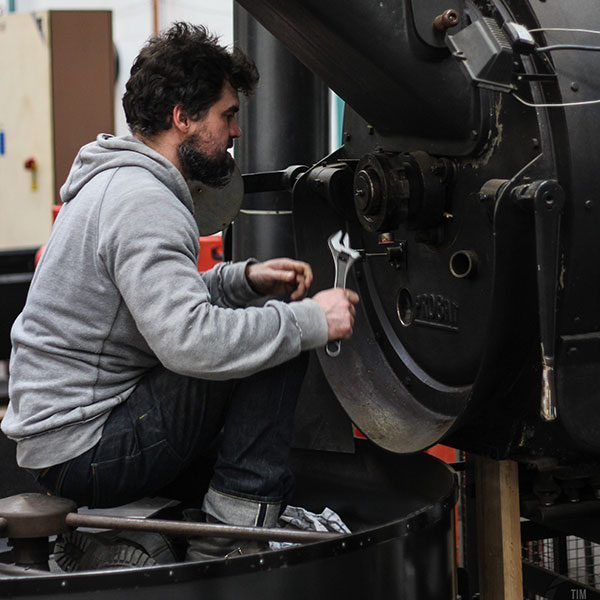PERU: Magdalena Lopez and Fredesvinda Granda
The second coffee in Betty 2020, Peru La Osa, meaning 'the female bear', was grown by Magdalena Lopez and Fredesvinda Granda.
Their farms are nestled between the Andes' western and eastern ranges where a unique microclimate creates perfect coffee growing conditions and a haven for wildlife such as jaguars, spectacled bears, and peccaries.
Traditionally, Peru's coffee industry is dominated by men.
Women have always been crucial to coffee production, whilst men held economic power.
Cooperatives such as Frontera San Ignacio in Peru provide women like Magdalena and Fredesvinda resources and financial support to increase coffee quality and encourage innovation, such as this honey process.
FARM: FRONTERA SAN IGNACIO COOPERATIVE, PERU
PROCESS: HONEY, EXPERIMENTAL LOT






